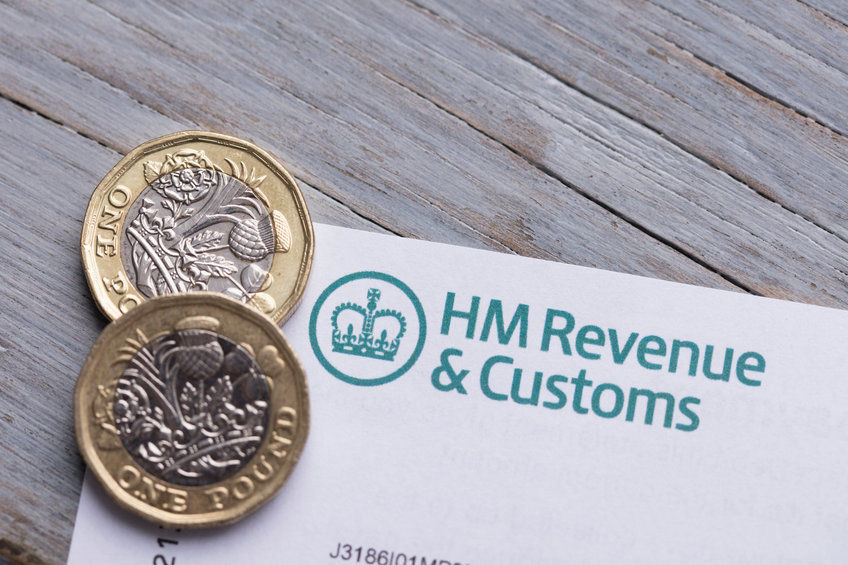- The seizure was part of a probe involving three people suspected of defrauding HMRC out of $1.8 million.
- Reportedly, the trio used false identities, fake invoices, and VPNs to create 250 shell companies.
- HMRC’s Nick Sharp said this seizure should serve as a warning to bad actors using NFTs to hide money.
Her Majesty’s Revenue and Customs (HMRC), the UK’s tax authority, has seized three NFTs as part of an investigation into a suspected VAT fraud involving 250 shell companies. A report unveiled this news earlier today, noting that these investigations also resulted in the apprehension of three people suspected of defrauding the tax agency out of $1.8 million.
According to the report, the three suspects used fake identities to create the 250 companies. HMRC pointed out that the trio used sophisticated methods to conceal their activities. Apart from creating and stealing identities, they used false addresses, pre-paid unregistered mobile phones, Virtual Private Networks (VPNs), false invoices. They also pretended to engage in legitimate business activities.
The tax authority said it was the first UK law enforcement agency to seize NFTs. HMRC detailed that it obtained a court order to hold the seized crypto assets worth about $6,700 and three digital artwork NFTs. However, these NFTs are not yet valued.
Sounding a warning to tech-savvy criminals that believe embracing web3 can help them evade the long arm of the law, Nick Sharp, the Deputy Director of Economic Crime at HMRC, said,
We constantly adapt to new technology to ensure we keep pace with how criminals and evaders look to conceal their assets.
Malicious actors turn to NFTs to launder illicit funds
This news comes after blockchain analytics company Chainalysis reported that it discovered a significant amount of wash trading and money laundering activities involving NFTs. According to the firm, bad actors took advantage of the 2021 NFT boom, which saw the burgeoning industry record a trading volume of over $44 billion.
Chainalysis pointed out that it found 252 users who sold NFTs to a self-financed address more than 25 times. While the company said this data might not be 100% accurate, it argued the 25-transaction threshold shows the 252 users habitually engaged in wash trading.
As for money laundering, the report revealed that illicit addresses transferred over $1 million to NFT marketplaces in Q3 2021. This amount surged again in Q4, hitting $1.4 million. More importantly, Chainalysis found that addresses with sanctions risk transferred around $284,000 to NFT marketplaces in the fourth quarter of 2021.
With the increasing popularity of NFTs, HMRC is not the only agency that has concerns over the nascent sector harbouring malicious actors. London’s Metropolitan Police’s Art and Antiques Unit said art already has a money laundering problem, and NFTs could exacerbate this issue.












